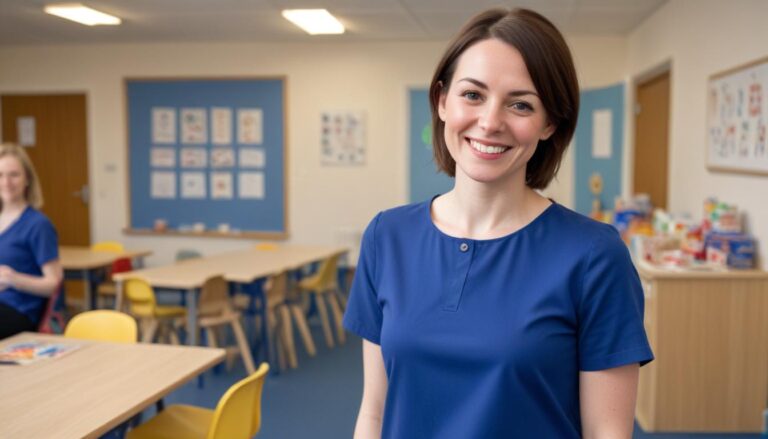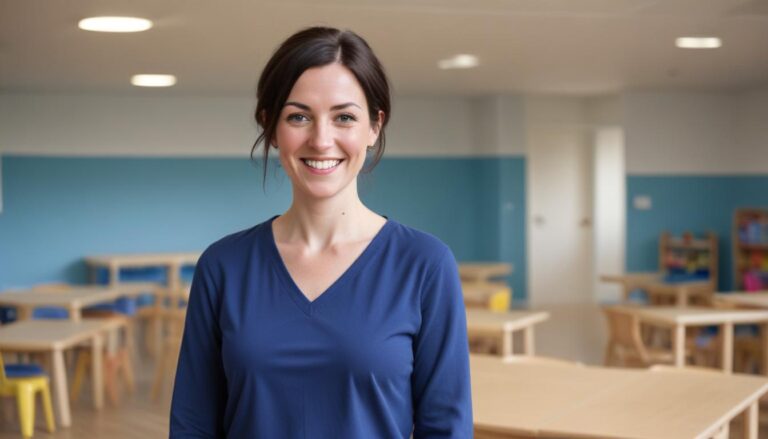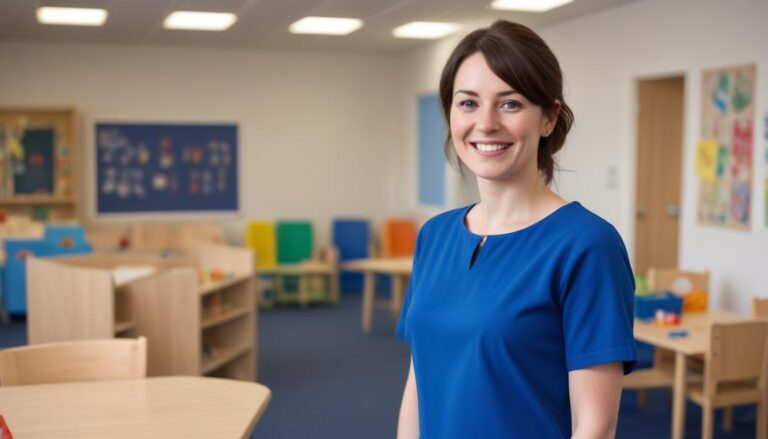
This guide will help you answer 1.1. List organisations which provide play and leisure activities in the local community.
Creating opportunities for children and families to engage in play and leisure activities benefits their physical, social, and emotional development. Various organisations in local communities provide these opportunities, each serving unique purposes and audiences. Knowing about these organisations can help childcare workers guide parents and carers towards resources that enhance children’s play experiences.
Local Councils
Local councils often play a vital role in the community by providing access to public play spaces and leisure facilities. They manage parks, playgrounds, and community centres. These spaces offer a safe environment for children to enjoy outdoor activities and socialise with peers.
Key features of local council facilities include:
- Public playgrounds with various play equipment
- Organised sports activities, such as football or netball leagues
- Community centres offering indoor play sessions
- Family fun days and holiday events
Check the specific facilities your local council offers. They can vary between communities, so it’s helpful to visit their website or contact them directly.
Non-Profit Organisations
Many non-profit organisations work to improve local play opportunities. They often focus on providing children with safe, engaging environments, especially in underprivileged areas.
Some well-known non-profits include:
- The National Trust: Offers natural play parks at their sites across the UK.
- Play England: Promotes play opportunities and advocates for children’s right to play.
- Barnardo’s: Supports children with various play-based initiatives.
Non-profits can offer specialised resources and events tailored to specific needs or interests.
Leisure Centres
Operating independently or in partnership with local councils, leisure centres contribute significantly to a community’s play and sports resources. They include facilities like swimming pools, sports halls, and gymnasiums, which accommodate organised sports and fitness classes.
Leisure centres typically offer:
- Swimming lessons for different age groups
- Toddler-friendly play sessions or soft play areas
- Summer camps and holiday clubs
- Teen-focused sports leagues or clubs
These centres often provide membership options and drop-in sessions.
Community Groups and Clubs
Local community groups and clubs often organise structured play and sports activities. They can cater to various ages and interests, from art and drama for young children to after-school sports teams for teenagers.
Examples include:
- Brownies and Scouts groups for developing practical skills and teamwork
- Local football, rugby, or cricket teams
- Dance or gymnastics schools
- Art and craft clubs
Children participating in these groups benefit from developing new skills, building friendships, and enhancing their self-esteem.
Libraries
Libraries offer more than just books. Many host regular play sessions or storytime events. These activities encourage young children to explore stories creatively, which benefits literacy and language development.
Events and resources available at libraries often include:
- Weekly storytime for toddlers and preschoolers
- Arts and crafts sessions
- Educational play programs focusing on STEM (Science, Technology, Engineering, and Mathematics)
- Book clubs or reading challenges for older children
Libraries remain a great, often free resource for families looking to engage in community activities.
Schools
Some schools open their facilities for after-school or holiday activities. They sometimes operate in collaboration with different organisations to provide extended services for children and families.
Such programs can include:
- After-school clubs with activities like cooking, gardening, or science
- Holiday play schemes or workshops
- Sports days or tournaments
- Family activity weekends
These school-related activities help reinforce friendships and contribute positively to children’s social skills.
Private Play Centres
Private play centres offer indoor play facilities, catering to families’ convenience and varying weather conditions. They typically provide a range of equipment suitable for toddlers to older children.
Features of private play centres often include:
- Soft play areas with slides, ball pits, and climbing frames
- Themed play areas for imaginative play
- Organised children’s parties
- Café facilities for parents and guardians
Entry fees apply, but many places offer memberships or discounts for regular visitors.
Youth Clubs
Youth clubs specifically target older children and teenagers. These clubs provide a safe space where young people can hang out, engage in activities, and access support services.
Typical activities in youth clubs may involve:
- Music and media workshops
- Sports events and tournaments
- Computing and coding classes
- Leadership skills development and discussion groups
Youth clubs play an important role in guiding young people through adolescence by offering diverse activities and mentorship.
Scouting and Guiding Organisations
Groups such as Scouts, Guides, and similar organisations offer programs teaching life skills through adventure and community service. Children and teens gain valuable experience by participating in activities that promote teamwork and self-reliance.
Scouting and guiding activities often include:
- Camping trips and outdoor exploration
- Skills development through badge earning
- Community service projects
- Leadership workshops
These groups instil a sense of duty and provide opportunities for personal growth.
Faith-Based Groups
Many religious organisations provide play and leisure activities open to the wider community. These groups strive to create inclusive environments where all children can thrive.
Faith-based activities might involve:
- Sunday School or youth groups
- Community sports or hobby sessions
- Seasonal holiday events or fairs
- Support and advice for families
These activities often aim to promote moral and ethical development, complementing other areas of a child’s growth.
Special Needs Play Schemes
It’s essential to recognise the organisations catering to children with special needs so they can access inclusive play environments. They provide tailored activities sensitive to various disabilities.
Some initiatives include:
- Specialised playgrounds with accessible equipment
- Multi-sensory rooms for therapeutic play
- Special education schools offering extracurricular activities
- Volunteer-supported play sessions
Families with special needs children might find additional resources or forums online and through local community groups.
Online Resources and Networks
In addition to physical facilities, digital communities and networks provide opportunities for play and learning. They help connect families with local activities, overcoming barriers like transportation or scheduling.
Common online resources include:
- Community Facebook groups or forums sharing local events
- Apps or websites listing play activities and organising meet-ups
- Virtual communities offering online educational activities or challenges
These platforms can assist in finding events you might not know otherwise.
Final Thoughts
Variety within organisational offerings allows families to engage in activities that suit their needs and children’s interests. Play supports comprehensive development, bringing joy, learning, and friendship to children’s lives. Explore these organisations to enhance your knowledge and extend value to the families you work with. Providing this insight can create a ripple effect of positive outcomes across the community.
Subscribe to Newsletter
Get the latest news and updates from Care Learning and be first to know about our free courses when they launch.





